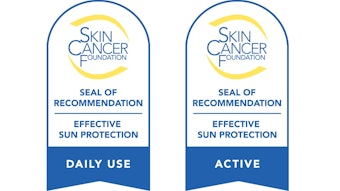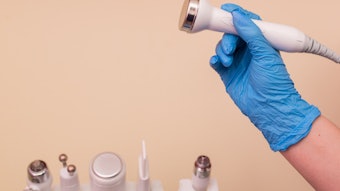
The beauty industry is constantly evolving from a regulatory perspective. Federally, MoCRA requires product registration, safety documentation and adverse event reporting, while states are rapidly expanding ingredient bans, such as on PFAS, long-lasting chemicals.
This article is only available to registered users.
Log In to View the Full Article
The beauty industry is constantly evolving from a regulatory perspective. Federally, MoCRA requires product registration, safety documentation and adverse event reporting, while states are rapidly expanding ingredient bans, such as on PFAS, long-lasting chemicals.
“Beauty and cosmetology licensing rules are evolving, too, with reduced training hours in some states and a new interstate compact to improve mobility,” says Tami Blake, a spa owner in Walnut Creek, Calif., licensed esthetician and founder of Skin + True Skincare. “Moving forward, we can expect to see tighter oversight over advanced treatments, a push for more ingredient transparency and greater standardized safety practices.”
Licensing and mandatory education for beauty professionals safeguard both safety and professionalism. Leslie Perry, executive director of the Professional Beauty Association, notes that new mobility reforms, such as the national cosmetology compact, make it easier for licensed stylists to work across states. However, deregulation efforts that eliminate education requirements risk undermining these protections.
“Beauty professionals such as estheticians want to innovate, but unclear rules around medical-adjacent procedures create confusion and risk,” she says. “Clear, science-based guidance is critical to protect both clients and professionals.”
Erin Alonso, MSN, founder of DermFx, notes the stakes are higher, the rules are tighter and patients are smarter, so while that’s good for the pros who do it right, it’s dangerous for anyone cutting corners.
“The line between beauty and medicine is now a hairline fracture—and regulators noticed,” she says. “We’re seeing more scrutiny on injectables, lasers and energy devices. If a tool can change physiology, expect oversight.”
Licensed professionals walk a fine line when offering advanced treatments that sit close to the medical space. The biggest challenges are navigating state-specific scope of practice laws, securing the proper liability insurance and maintaining client safety.
“There is also the ongoing need for clients/consumers to stay educated, as many don't realize that some procedures marketed as ‘advanced esthetics’ are actually considered medical in certain areas,” Blake says. “There is so much pressure to balance the demand for more medical aesthetics with our scope of practice and compliance guidelines. It is not worth losing your license or harming a client over.”
After all, unlicensed services may pose unnecessary risk and harm. This is why licensing is so important, because education and training are required to take the state board exam and qualify for a license. Without requirements and standards, safety rules are ignored, placing consumers at unnecessary risk for harm.
“A license means training, testing and accountability,” Perry says. “DIY and under-the-table operators place consumers at risk. Licensed professionals can educate and help clients understand the difference between safe, regulated care versus risky shortcuts.”
Jimmy C. Sung, MD, JD, FACS, a board-certified plastic surgeon, shares that there are two concerning trends in the med spa industry. One is the corporate practice of medicine, which involves investors and non-medical professionals circumventing the medical laws in states such as New York. The other involves non-core providers and estheticians engaging in aesthetic medical care, which is a criminal offense.
“In states such as New York, med spas are medical practices and must be 100% owned by physicians or nurse practitioners,” he says. “To circumvent this, investors and entrepreneurs use entities known as MSOs (medical services organizations), which provide management services to physicians. This has been a windfall for attorneys and law firms that help clients circumvent regulations and the law by setting up MSOs, for which there have not been enough case laws for law enforcement.”
Associations and subject matter experts in the field of aesthetics and cosmetology play a critical role in protecting both professionals and consumers.
State boards enforce compliance with state laws while protecting consumers and keeping licensed professions accountable for the services they provide to clients. Meanwhile, associations help beauty professionals stay compliant by providing education, resources and advocacy.
“Beauty professionals who are licensed need to continue to stay educated in their fields and keep up with the changing regulatory and treatment landscapes while educating their clients on why they should come to them in the first place,” Blake says. “At the end of the day, it is our responsibility to follow the law and remain within our defined scope of practice. Just because you see another aesthetician offering a particular service does not mean it's permitted in your state. The safest path is always to err on the side of caution and verify with your licensing board or regulatory agency to ensure you are following the rules.”










